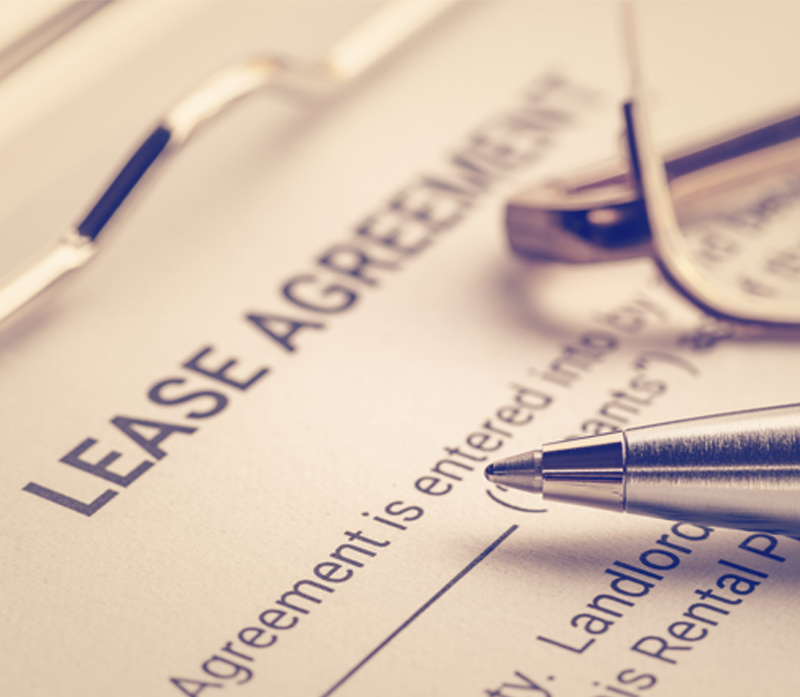Do you have the right to extend your lease?
To apply for a lease extension under the Leasehold Reform Act 1993, you must have owned your leasehold property for a minimum of two years, and the lease must have been granted for at least 21 years originally. There are exceptions, and our lease extension lawyers at Davisons can advise you. If you qualify, you have the right to extend your lease by 90 years under the Act.
The first step is to serve the freeholder a Section 42 Notice, which is a formal request to extend your lease. If you meet the legal conditions, the freeholder cannot usually refuse your request. The freeholder must serve a counter-notice within two months of receiving the Section 42 Notice stating whether they accept your right to extend the lease or not.
Our lease extension solicitors can help you negotiate the premium you pay for a lease extension and the amount you pay for the freeholder’s legal costs. If an agreement cannot be reached, we will help you resolve the dispute through negotiation or mediation or, failing that, through the First Tier Property Tribunal.

